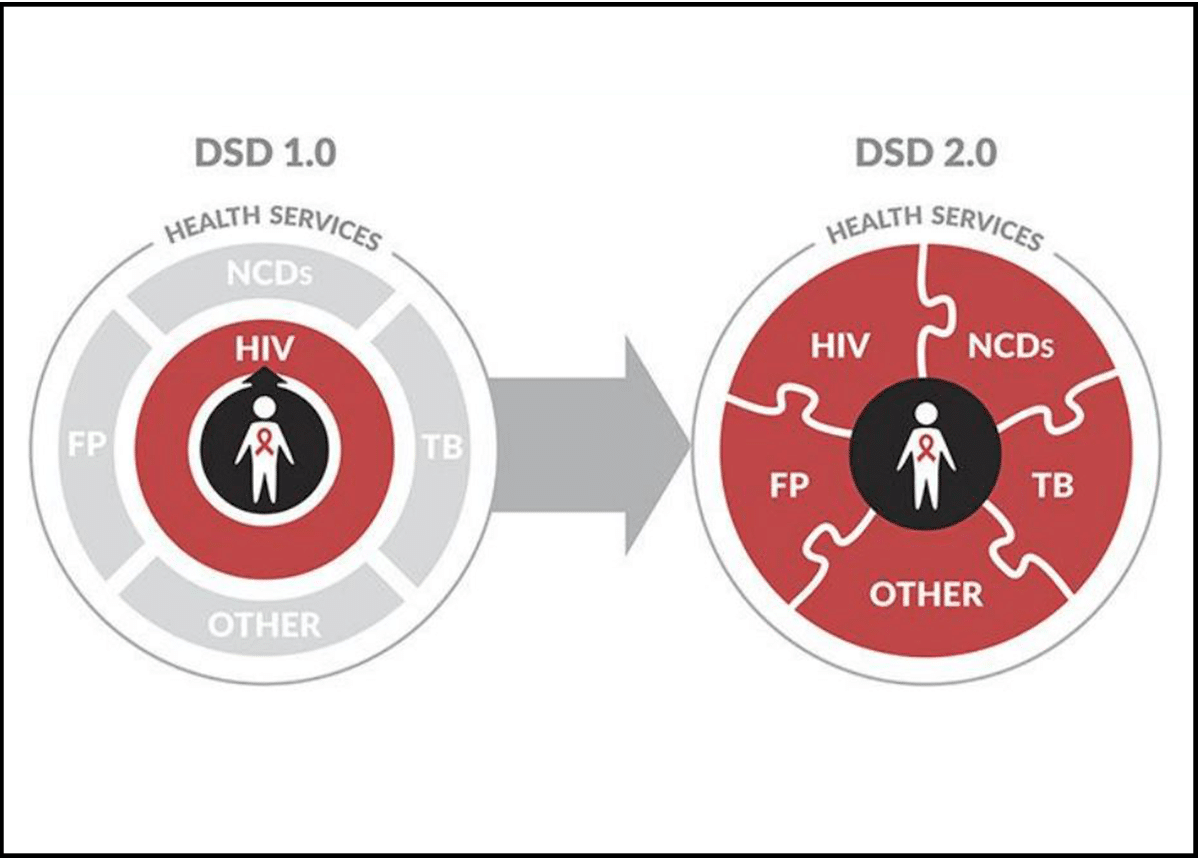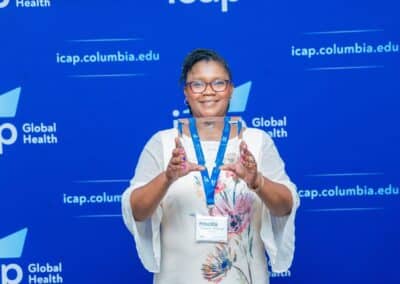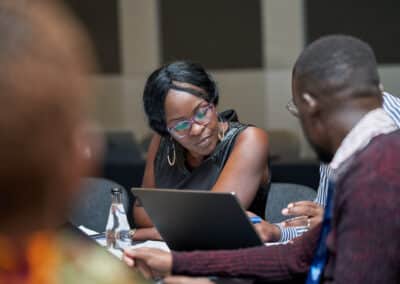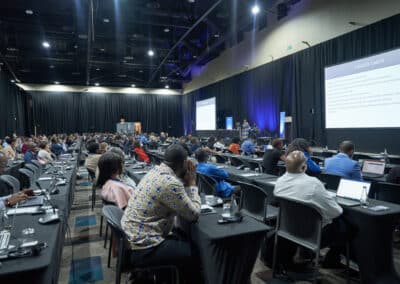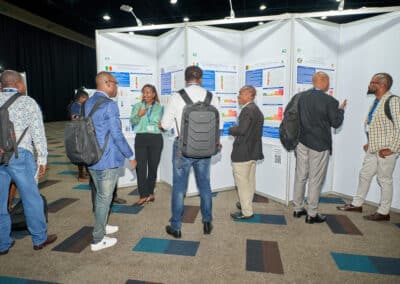CQUIN is gearing up to support partner countries to further improve the coverage, quality, and impact of health services for people living with HIV by integrating non-HIV services into DSD programs as part of the network’s focus on holistic person-centered care.
Over the next year, learning network activities will foster discussions, identify best practices, and co-create resources to support the integration of services for maternal and child health, non-communicable diseases, TB/HIV, and mental health within DSD treatment programs.
The ICAP CQUIN team will partner with the World Health Organization (WHO), the Elizabeth Glaser Pediatric AIDS Foundation (EGPAF), Resolve to Save Lives, and other key stakeholders to explore barriers and facilitators to integration, with an initial focus on family planning, hypertension, TB preventive treatment, and mental health.
“The challenge of scaling up integrated health service delivery for people living with HIV is a good fit for the CQUIN network,” said Peter Preko, MBChB, MPH, CQUIN project director. “Expanding person-centered care is non-controversial, but the gaps between policy and practice are substantial. CQUIN partner countries can work together to explore barriers and facilitators and support each other to come up with solutions.”
Integration discussions will focus on reviewing policies and programs that support co-location, co-scheduling, and coordination of HIV and non-HIV services to maximize quality, convenience and minimize unnecessary visits to health facilities for recipients of care. Recent events focused on FP/HIV integration include a meeting of the MCH Community of Practice (slides and recordings linked here) and CQUIN’s June webinar (slides and recordings linked here).
“CQUIN has been exploring the issue of FP/HIV integration within the MCH community of practice for some time,” noted Maureen Syowai, MBChB, MSc, CQUIN deputy director. “A recent survey of CQUIN partner countries revealed that few are providing a ‘one-stop shop’ approach to FP and HIV treatment services, particularly for women enrolled in less-intensive DSD models. We are embarking on an ambitious project to learn more about the granular details of FP/HIV service delivery and to identify best practices and ways to take them to scale.”
The next steps for the FP/HIV stream of work will include a series of key informant interviews, country-to-country visits, and ongoing exchange. “In 2022, CQUIN partner countries conducted self-staging using the CQUIN capability maturity model, and very few reported progress in scaling up the integration of FP into differentiated treatment models,” said Rachel Mudekereza, MD, MPH, CQUIN’s senior regional clinical advisor for West and Central Africa, and MCH community of practice lead. “This is a priority for the MCH community of practice, which aims to support countries to develop specific activities to improve in this domain.”
CQUIN’s July webinar will focus on HIV/HTN integration, and CQUIN’s August webinar will focus on HIV/mental health integration. Outputs from these activities will inform the agenda for CQUIN’s annual meeting in November 2023 and an all-network integration meeting in 2024.


